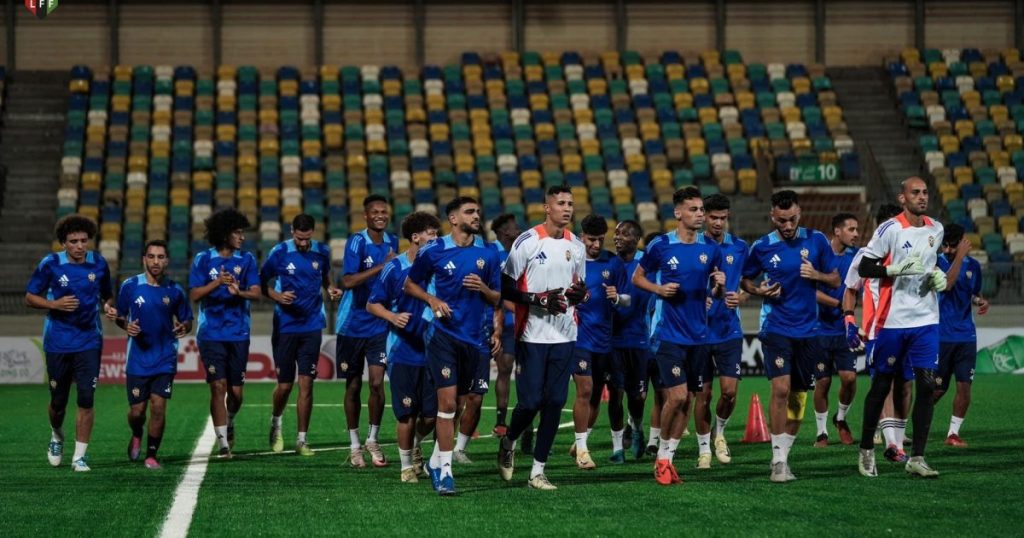The ongoing dispute between the Libyan Football Federation (LFF) and the Nigerian Football Federation (NFF) has escalated following Nigeria’s decision to boycott the second leg of the Group D 2025 African Cup of Nations qualifier. This situation arose after the Nigerian team experienced significant travel difficulties, being stranded for over 16 hours at Al Abaq Airport due to an unexpected diversion. The LFF reacted strongly to the withdrawal, stating that it will not accept excuses and is prepared to take legal action to protect the interests of the Libyan national team. Their firm stance was expressed through a social media post that emphasized the determination and readiness of the Libyan players to compete regardless of the obstacles presented by the Nigerian side.
Reflecting on the logistical challenges faced by the Nigerian team, the LFF accused the NFF of failing to properly cooperate in organizing the match and suggested that such organizational issues contributed to the confusion surrounding the fixture. The LFF condemned Nigeria’s withdrawal as unjustifiable, asserting that all measures would be taken to ensure the Libyan team’s interests are safeguarded. The organization’s frustration was further highlighted in a statement shared with the media, where it expressed disappointment in the Nigerian Federation’s actions and reaffirmed its commitment to proceed with the match unless a legal resolution deters it.
The LFF also drew comparisons between the difficulties encountered during this leg of the qualifiers and those faced by the Libyan team during their trip to Nigeria for the first leg. They claimed that the mishaps experienced by the Nigerian side were not nearly as severe as those that had plagued the Libyan national team in their earlier match. By referencing these experiences, the LFF sought to underline a perceived double standard in the expectations placed on both teams regarding travel disruptions and match preparations.
Moreover, the LFF emphasized that despite the challenges faced in the first leg, the Libyan national team demonstrated resilience and a commitment to the sport. They remarked on the “inhumane footage” that did not deter them from participating in the match in Nigeria, showcasing a spirit of cooperation with the Confederation of African Football (CAF) despite adverse conditions. In contrast, they portrayed the NFF’s actions as lackluster and uncooperative, suggesting that the inability to follow through on commitments casts a shadow over Nigeria’s dedication to the African Cup of Nations qualifiers.
The LFF’s determination to hold Nigeria accountable reflects a broader theme in international football regarding the responsibilities of national federations to ensure smooth operations during tournaments. Their call for legal action highlights the tensions often present in competitive sports, where the stakes are high, and the implications of non-compliance can have far-reaching consequences for teams and players alike. The LFF’s efforts may be part of a broader strategy to assert their authority and professionalism within the realm of African football, underlining the importance of adhering to agreed-upon norms and obligations in match preparation and execution.
In conclusion, the situation serves as a stark reminder of the logistical intricacies involved in international sports and the need for collaborative effort between national football federations. As the LFF prepares its national team for the upcoming match, they aim to turn this unfortunate episode into motivation, striving to showcase their skills on the field while seeking redress for perceived grievances. The LFF’s strong communication regarding its intentions to pursue legal options may set a precedent for future interactions between national federations, emphasizing the necessity of mutual respect and transparent communication in ensuring the integrity and smooth functioning of international football events.














